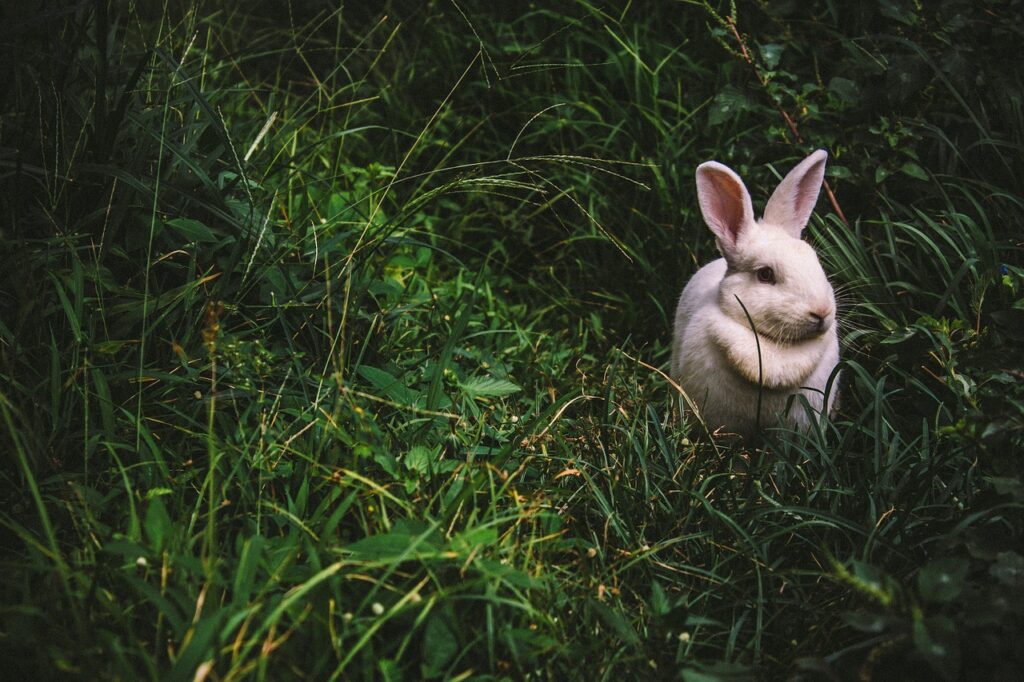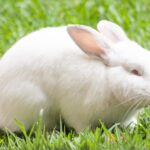Can Rabbits Eat Chives: A Comprehensive Guide
If you are a proud rabbit owner, you know how important it is to provide your furry friend with a well-balanced diet. While rabbits can enjoy a wide variety of fresh vegetables, it is crucial to be aware of which foods are safe for them to consume. In this article, we will discuss whether rabbits can eat chives and why it is not recommended.
The Dangers of Chives for Rabbits
Chives, known for their distinct onion-like taste and aroma, belong to the Allium family. While they may be a flavorful addition to our human meals, they can pose significant health risks to rabbits. The primary concern lies in the presence of a substance called thiosulfate, which can cause a condition called Heinz body anemia in rabbits. This condition destroys the red blood cells and can be life-threatening.
Additionally, chives contain compounds that can lead to gastrointestinal issues in rabbits. Their consumption can cause bloating, diarrhea, and even abdominal pain. These symptoms can lead to discomfort and potential complications for your beloved bunny.
Potential Symptoms and Reactions
If your rabbit mistakenly consumes chives, you may observe various symptoms that indicate a negative reaction. These can include gastrointestinal upset, such as a decreased appetite, irregular bowel movements, and discomfort. In severe cases, rabbits may also experience weakness, lethargy, and pale mucous membranes. It is crucial to monitor your rabbit closely and seek immediate veterinary attention if any concerning symptoms arise.
Safe Alternatives for Rabbits
Fortunately, there are many safe and delicious alternatives to chives that you can offer to your rabbit. Leafy greens like kale, spinach, and parsley are excellent choices that provide essential nutrients without endangering your pet’s health. Additionally, you can offer small amounts of carrots, celery, and bell peppers, which rabbits often enjoy as tasty treats.
Tips for Preventing Access to Chives
Prevention is key when it comes to protecting your rabbit from consuming harmful foods like chives. Follow these tips to ensure your furry friend stays safe:
- Store chives and other Allium vegetables securely in a place inaccessible to your rabbit.
- Keep an eye out for chives growing in your garden and promptly remove them.
- If you have other pets, make sure they do not have access to chives, as they may accidentally share them with your rabbit.
Conclusion
In conclusion, it is best to avoid feeding chives to your rabbits due to the potential health risks they pose. The presence of thiosulfate and other compounds can lead to serious conditions and discomfort for your beloved pet. Instead, opt for safer alternatives such as leafy greens and other rabbit-friendly vegetables. By being proactive and responsible in keeping chives away from your bunny, you can ensure their well-being and longevity. Remember, your rabbit’s health should always be a top priority in your pet care routine.






